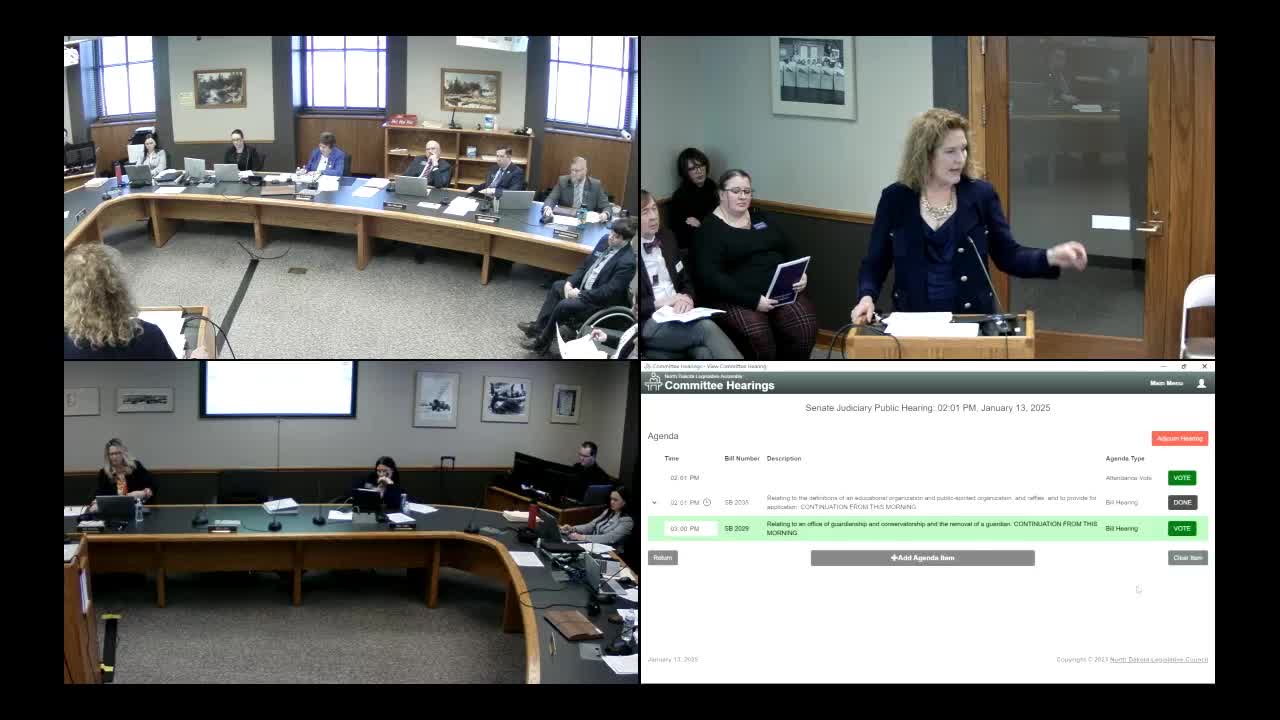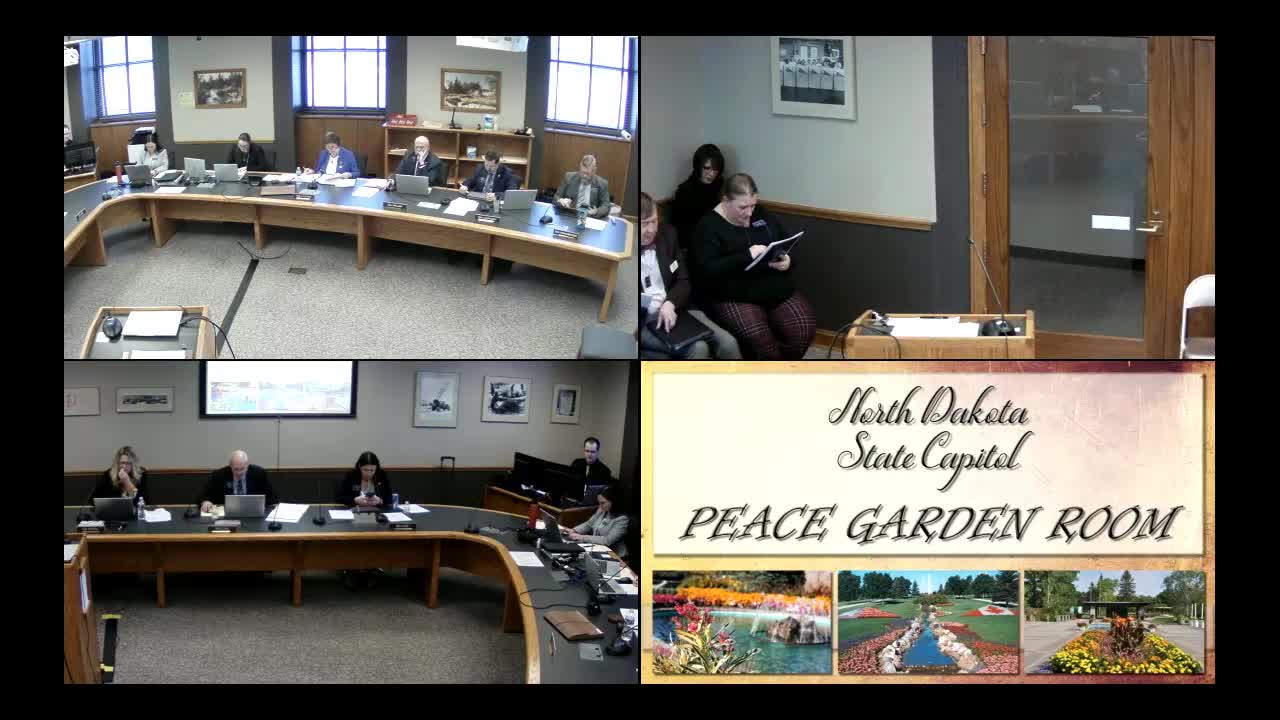Article not found
This article is no longer available. But don't worry—we've gathered other articles that discuss the same topic.

Committee hears wide-ranging testimony on proposed guardianship office and $18.3M funding package

Committee rejects amendment and ultimately votes to not pass change to supervised probation for class B misdemeanors

